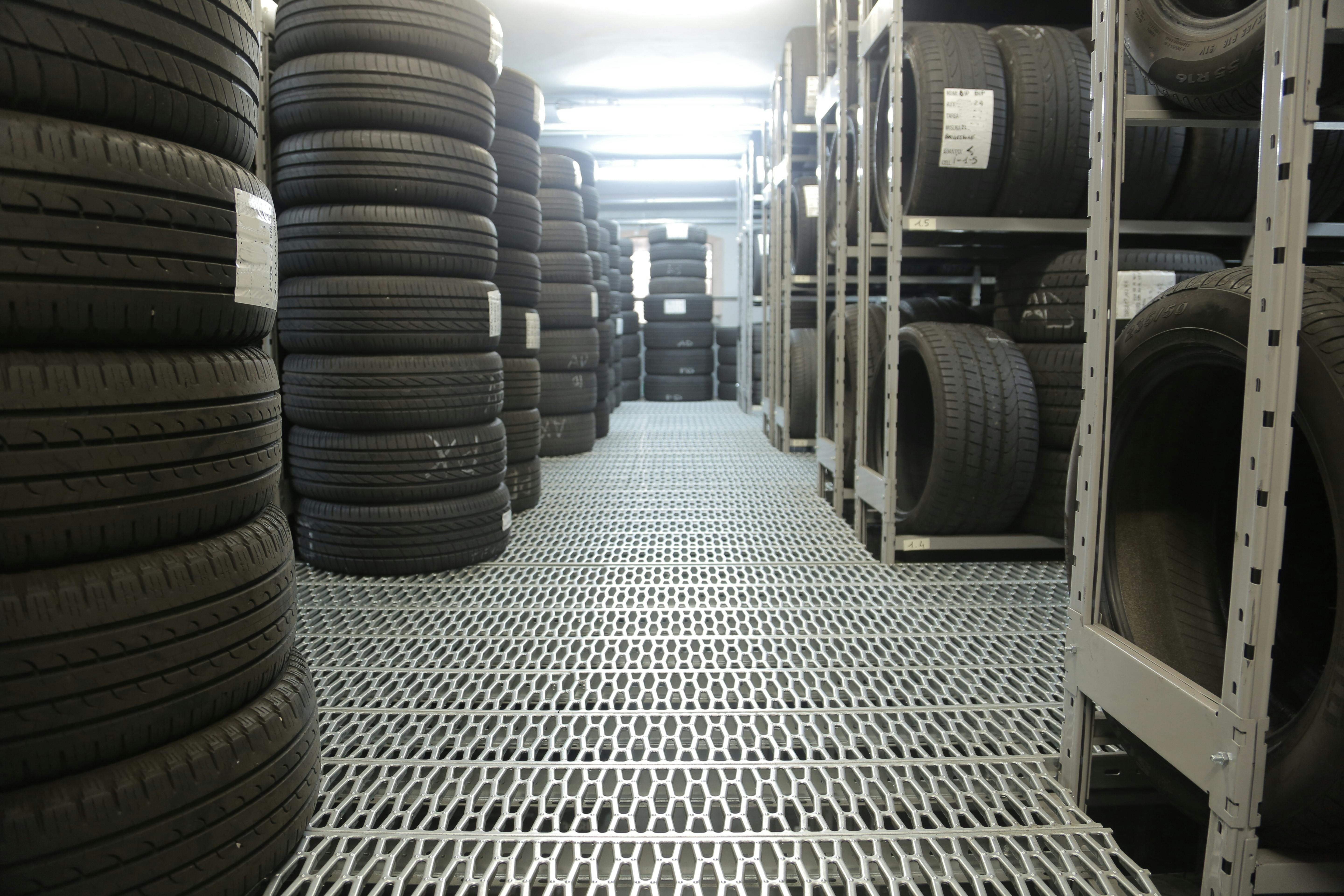Best Practices to Gather LinkedIn Information Without Risk
In the modern digital landscape, professionals and businesses increasingly seek to harness the wealth of information available on LinkedIn for recruitment, lead generation, and market research. However, navigating the complexities of data collection on this platform requires a thorough understanding of both ethical considerations and legal obligations. Gathering LinkedIn information can be a powerful tool when approached responsibly, ensuring compliance with platform guidelines and respecting user privacy throughout the process.
Understanding LinkedIn’s Terms of Service and Data Collection Policies
Navigating LinkedIn’s User Agreement and Privacy Guidelines
Before embarking on any data collection activity, it is essential to familiarise oneself with LinkedIn’s User Agreement and Privacy Policy. The platform explicitly prohibits automated extraction of data without prior authorisation, and violations can result in account suspension or even legal action. These terms exist to protect the privacy of millions of users who entrust their professional information to the network. Reading and adhering to these guidelines is not merely a formality but a fundamental step in establishing a lawful and ethical approach to data gathering. LinkedIn’s policies are designed to safeguard personal information whilst maintaining the integrity of the platform, and understanding these boundaries is crucial for anyone seeking to extract information responsibly.
Compliance with data protection regulations such as the General Data Protection Regulation also plays a central role in how information may be collected and used. Under GDPR, individuals have the right to know how their data is being processed, and organisations must obtain consent where necessary. This means that even if data appears publicly accessible on LinkedIn, there remain legal obligations concerning its collection, storage, and utilisation. Ensuring that all activities align with privacy regulations not only mitigates legal risk but also builds trust with those whose information is being gathered. Transparency about data usage and respect for user privacy form the cornerstone of ethical data practices.
Recognising the Boundaries Between Acceptable and Prohibited Data Gathering
Distinguishing between acceptable research and prohibited scraping is vital for maintaining account safety and legal compliance. LinkedIn’s terms of service make it clear that automated data extraction, commonly known as scraping, is not authorised. Engaging in such activities can lead to restrictions on your account or even permanent bans. However, there are legitimate methods for gathering information that remain within the platform’s guidelines. For instance, manual research conducted through normal browsing activities, or the use of LinkedIn’s official tools and features, can provide valuable insights without violating terms of service. Recognising these boundaries helps professionals and businesses avoid the pitfalls associated with unauthorised data collection.
Many users seek a practical way to scrape linkedin data whilst minimising risk, often turning to third-party tools or services. It is important to note that even when using such tools, the responsibility for compliance ultimately rests with the user. Some platforms claim to offer safe scraping solutions by respecting rate limits, mimicking human behaviour, and rotating IP addresses. Whilst these measures can reduce the likelihood of detection, they do not eliminate the inherent risk of breaching LinkedIn’s terms. Therefore, it is advisable to prioritise methods that are explicitly permitted by LinkedIn and to seek legal advice when in doubt about the legitimacy of a particular approach.
Implementing Safe and Compliant Methods for LinkedIn Research
Leveraging LinkedIn’s Official API and Premium Features
One of the safest ways to gather information from LinkedIn is to utilise the platform’s official Application Programming Interface. Although the API has limitations and does not permit mass extraction of profiles, it provides a structured and compliant method for accessing specific data within the boundaries set by LinkedIn. The API is designed to allow developers to integrate LinkedIn’s functionality into their own applications whilst respecting user privacy and platform policies. For businesses and recruiters with substantial needs, upgrading to LinkedIn Premium or Sales Navigator can unlock advanced search capabilities and insights that facilitate targeted research without resorting to prohibited scraping techniques.
Premium features offer enhanced filters, detailed analytics, and the ability to save searches and leads, all of which can significantly improve the efficiency of data gathering efforts. These tools enable users to identify potential candidates, clients, or partners based on specific criteria such as industry, location, job title, and company size. By investing in official LinkedIn services, organisations demonstrate a commitment to ethical practices and reduce the risk of account suspension. Furthermore, these features are designed to integrate seamlessly with customer relationship management systems, streamlining workflows and ensuring that collected information is managed responsibly and in accordance with data protection laws.
Manual Research Techniques That Respect Platform Guidelines
For those who prefer a more hands-on approach, manual research remains a viable and compliant method for gathering LinkedIn information. This involves using LinkedIn’s search functionality to identify relevant profiles and then reviewing and recording information manually. Whilst this method may be more time-consuming than automated scraping, it carries no risk of violating the platform’s terms of service and allows for a more nuanced understanding of each profile. Manual research also facilitates better quality control, as users can carefully assess the relevance and accuracy of the data they collect.
When conducting manual research, it is important to maintain a human pace and avoid activities that might be flagged as abnormal by LinkedIn’s monitoring systems. This includes limiting the number of profile views per day, spacing out connection requests, and varying browsing patterns. Documenting the legal basis for data collection and ensuring that any subsequent communication complies with GDPR and other privacy regulations are also essential steps. Providing recipients with clear information about how their data will be used and offering an easy unsubscribe mechanism are not only legal requirements but also best practices that foster trust and respect. By prioritising quality over quantity and adhering to ethical standards, professionals can build valuable networks and gather insights without compromising their integrity or risking their LinkedIn accounts.






